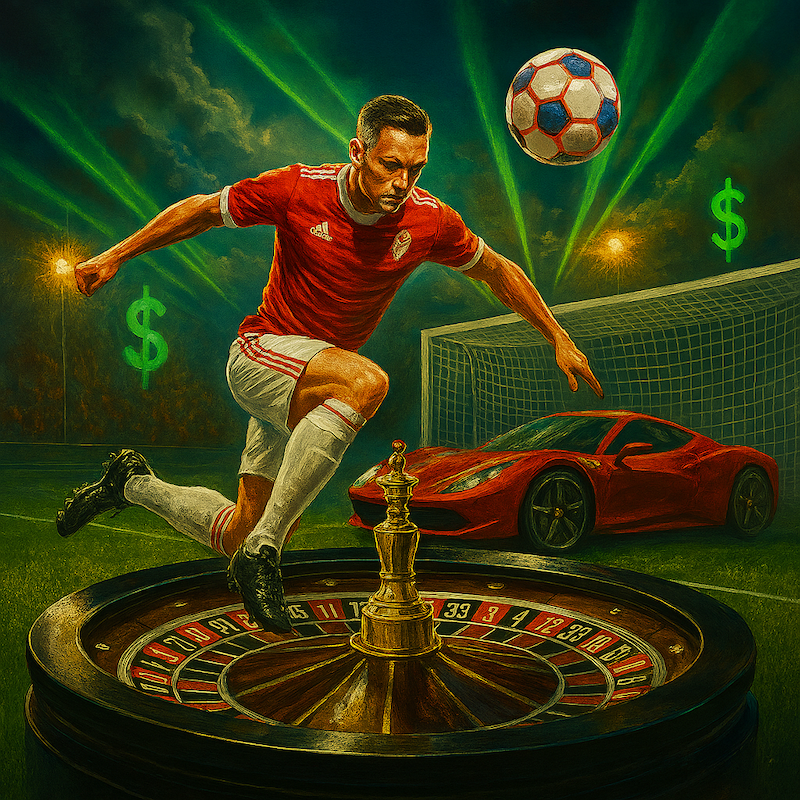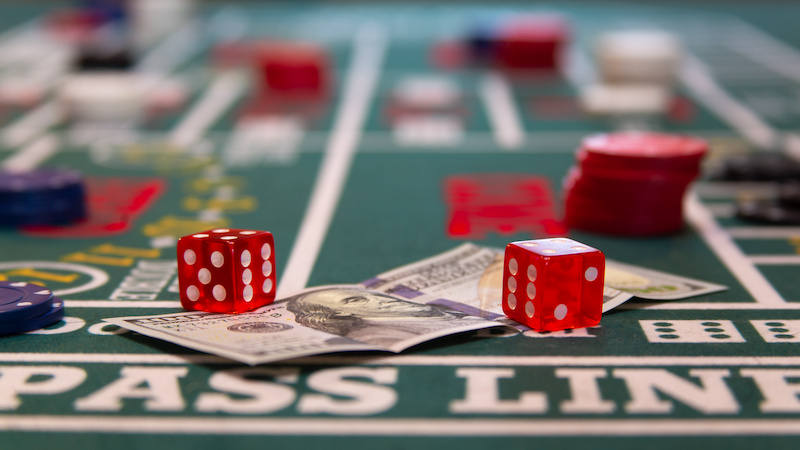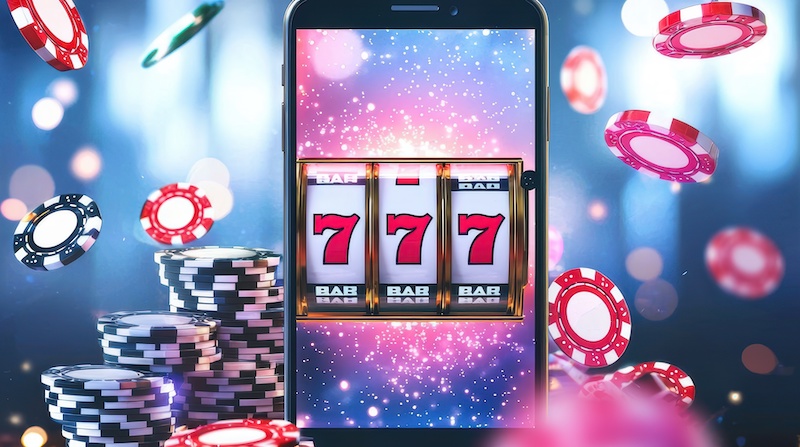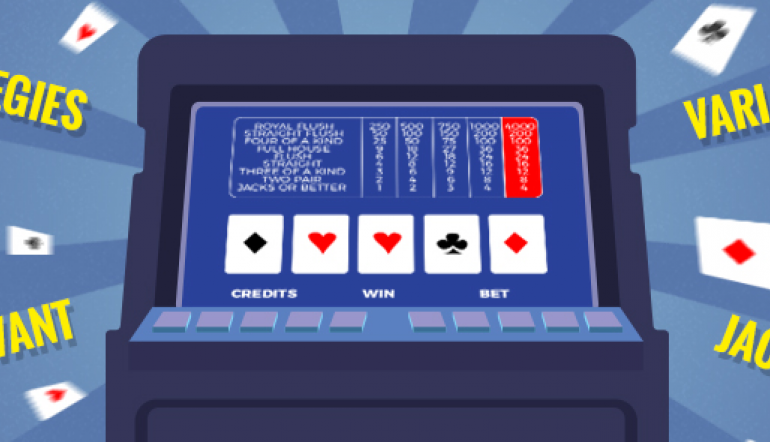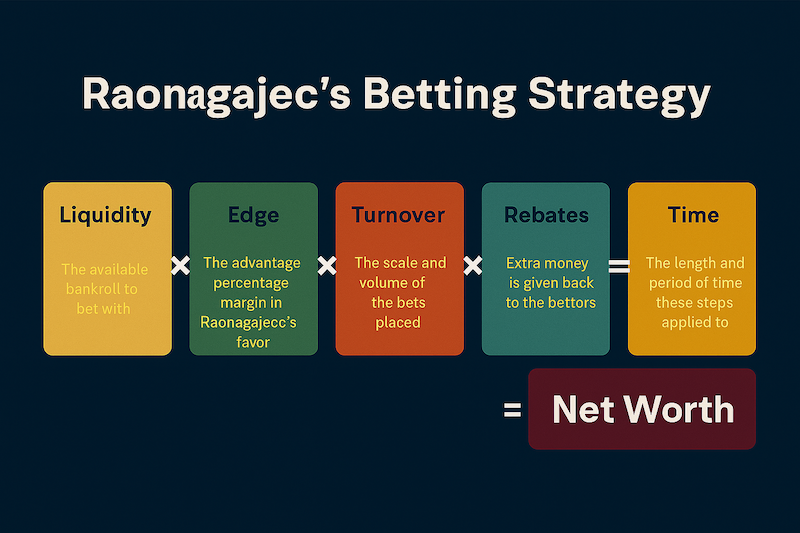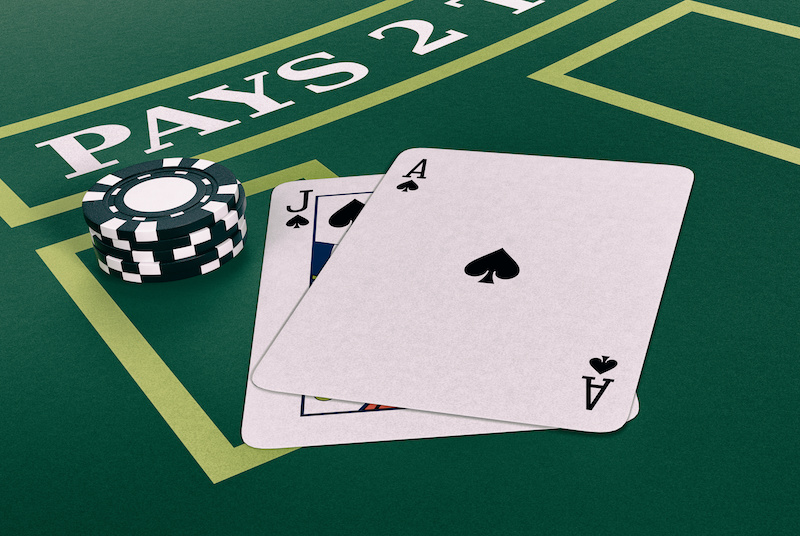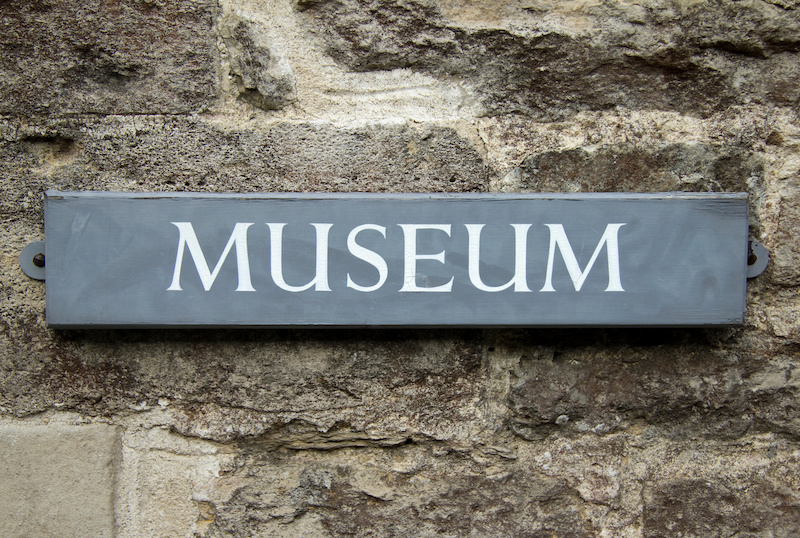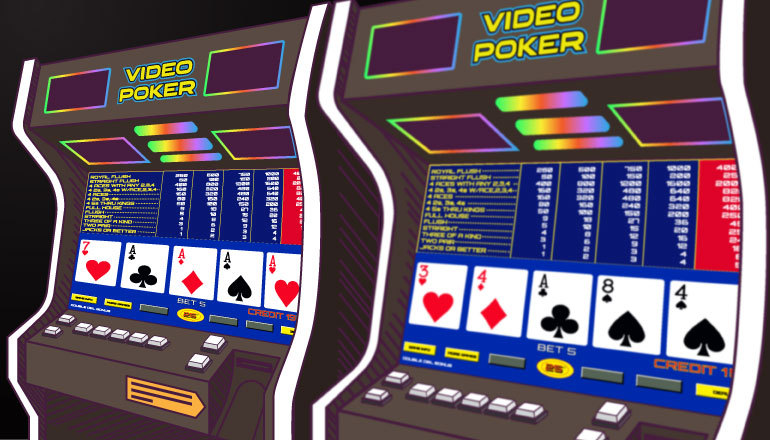The dealer fans a new shoe. Two spots. Max limits. Kerry Packer reads the texture and pushes a stack that hushes the room.
I’ve traced what sits behind moments like that — how a media engine, a rebel cricket league, and casino nights fused into one logic.
Who Was Kerry Packer?
Who was Kerry Packer? Australia’s most formidable media-and-gaming tycoon. Kerry Francis Bullmore Packer (1937–2005) ran the Nine Network and Australian Consolidated Press, then tied that engine to casino yield.
Childhood polio reportedly put him in an iron lung for months, and dyslexia made school a grind. His father, Sir Frank, was famously harsh. Packer answered by delivering results, not speeches.
For anyone still asking who was Kerry Packer, think of a builder of cash systems who preferred outcomes to applause.
Why I’m Writing This — and What You’ll Learn
On a casino site, Packer is a case study. I set out to pin down three truths: who was Kerry Packer at the tables, how did Kerry Packer get rich, and where Kerry Packer net worth sits in facts.
Expect a clean split between verified wins and the engine that paid daily.
How Did Kerry Packer Get Rich?
How did Kerry Packer get rich? Start with inheritance, add edge. He monetized habit —magazines and nightly TV — and weaponized sports rights for broadcast.
The Alan Bond cycle is the clean case study: he sold Nine at peak prices, then reportedly regained control later on far better terms. Timing and counterparties did most of the work.
Short answer to how did Kerry Packer get rich: own recurring attention, own the rights around it, and keep cash ready for the turn. He ran media like a game where the rules favored him.
If this article interests you, keep reading. Alternatively, explore other topics like slot strategy and craps strategy.
World Series Cricket: The Broadcast Revolution
Denied TV rights in 1977, he built his own product. World Series Cricket paid players properly, staged night matches, introduced colored kits and white balls, and miked the game.
Lawsuits followed; audiences moved faster. The settlement reset cricket’s economics — the screen set the price.
Empire Mechanics: ACP, Nine, and PBL
ACP’s magazines shaped daily habit. Nine built prime time around sport and news.
PBL stitched print and broadcast to gaming, where daily yield smoothed cycles. One.Tel was a misstep, but the core compounded because rights renew, ratings recur, and casinos cash every day. That coherence explains Kerry Packer net worth.
The House vs Kerry: What Casinos Remember
Tables still tell his story. He preferred blackjack and baccarat, often betting multiple hands at very high limits.
One late-night start in Las Vegas still circulates among veterans: a high-limit table sat idle; a boss improvised to get the game moving. Packer nodded, won fast, and — staff still say — left a six-figure thank-you across the layout. Speed, sizing, exit.
In Las Vegas coverage circa 2000, he paid off a cocktail server’s mortgage — about $130,000 —after a spill. Another episode, often placed in the late 1990s, has him clearing roughly $150,000 as a tip for exceptional service.
Exact figures vary; the behavior is consistent — decisive generosity, quiet departure.

Kerry Packer Wins vs Losses — What’s Verified
I’ve separated sturdy reporting from stories so gamblers get a clean read.
- MGM Grand, mid-1990s (win) – Reported as “more than $20 million” across high-stakes blackjack sessions. Amounts vary; the win itself is consistent.
- Crockfords, London, 1999 (loss) – Widely reported near £11 million in a single downswing.
- Bellagio, Las Vegas, 2000 (loss) – Major outlets put the hit around US$20–30 million; Packer acknowledged losing but disputed the exact sum.
- Dealer and staff tips – Multiple accounts describe pooled six-figure tips after hot runs; totals differ, behavior aligns with reputation.
- Record slot jackpots – Claims he hit the biggest jackpots aren’t backed by strong contemporaneous records — treat as unverified.
Legendary Nights, Told Plain
There are sessions you can date without embroidery — London with seven figures running the wrong way; the Strip with eight figures going the other.
The coin-toss put-down fits his deadpan style but remains unverified. What’s consistent is behavior: press when the game is yours, use your best blackjack strategy or baccarat strategy, leave quickly when it isn’t, never mistake showmanship for edge.
Casino Math, Business Math
At the table, swings were weather — you dress for them. In business, he chased the house edge — rights that renew and audiences that return.
That split explains how Kerry Packer got rich and why the casino stories never dented the ledger that mattered.
Mornings Before the Markets Opened
Night could be theatre; morning was logistics. Before the exchange opened, he’d review ratings, magazine circulation, ad bookings, and sports rights.
Network chiefs took early calls because decisions followed. Market opening wasn’t a starting gun when everyone else caught up to dawn’s work. Routine powered Kerry Packer net worth more than any single night at a table.
Taxes, Bluntly
He was direct about minimizing tax — within the law. The parliamentary line still gets quoted: if you don’t minimize tax, you “want your head read.”
Cash retained buys optionality later — on rights, buybacks, talent. The stance made him formidable.
Who Was Kerry Packer Married To
Who was Kerry Packer married to? Roslyn (Ros) Weedon, from 1963 until his death. They had two children, Gretel and James.
Ros became a major philanthropist and the calm in the storm. Family life pivoted between Sydney and Ellerston in the Hunter.
People still search who was Kerry Packer married to because it explains the rhythm: public velocity, private anchor. Ask again — who was Kerry Packer married to — and you learn how succession was framed.
Kerry Packer’s Style, Homes, and Inner Circle
Packer dressed for work, not theatre: plain suits, open collars, solid shoes. Sydney anchored city life; Ellerston was the home base — polo, golf, a tight guest list.
He liked quick service and straight talk. If you delivered, he looked after you.
Health, Mortality, and the Packer Whackers
In 1990, Packer collapsed at polo and was reportedly clinically dead for minutes before a defibrillator revived him. After surgery, he funded defibrillators in New South Wales ambulances — nicknamed “Packer Whackers.”
After a kidney transplant in 2000, his view sharpened: time is finite; liquidity buys choices. Asked about the “other side,” he said there was nothing there.

Kerry Packer Net Worth — The Working Range
So, Kerry Packer net worth. Near his death in 2005, rich lists placed it around A$6–7 billion (about US$5 billion then).
Figures are snapshots, not scripture. Treat Kerry Packer net worth as a moving range backed by repeatable cash flow: habit-forming content, renewable sports rights, and gaming yield that cushioned shocks for decades.
How Did Kerry Packer Get Rich — The Long Answer
He inherited a platform and out-operated the field. He modernized cricket to fit television and monetized both sides of the upgrade.
He sold high to Bond, reportedly regained control later when leverage cracked, and fused magazines, broadcast, and casinos into a yield machine.
Who Was Kerry Packer — Beyond the Ledger
After the heart scare, he acted faster and gave faster. Friends describe loyalty inside a tight circle and zero tolerance for spin.
He could lose like a billionaire and tip like one, then be on the phone at dawn. Ask veterans and you hear the same refrain: decisive, clear about money, impossible to bluff. If you’re asking who was Kerry Packer married to, remember Ros steadied the private side.
Why Kerry Packer Still Matters to Gamblers
Price first, posture never. He didn’t just play high; he bought the parts of games that pay daily.
For anyone who cares about odds and outcomes, that lesson endures. The tables were the show. The method — rights, reach, and cash flow — was the business. That’s the sober answer to who was Kerry Packer, how did Kerry Packer get rich, and how Kerry Packer net worth was built.




